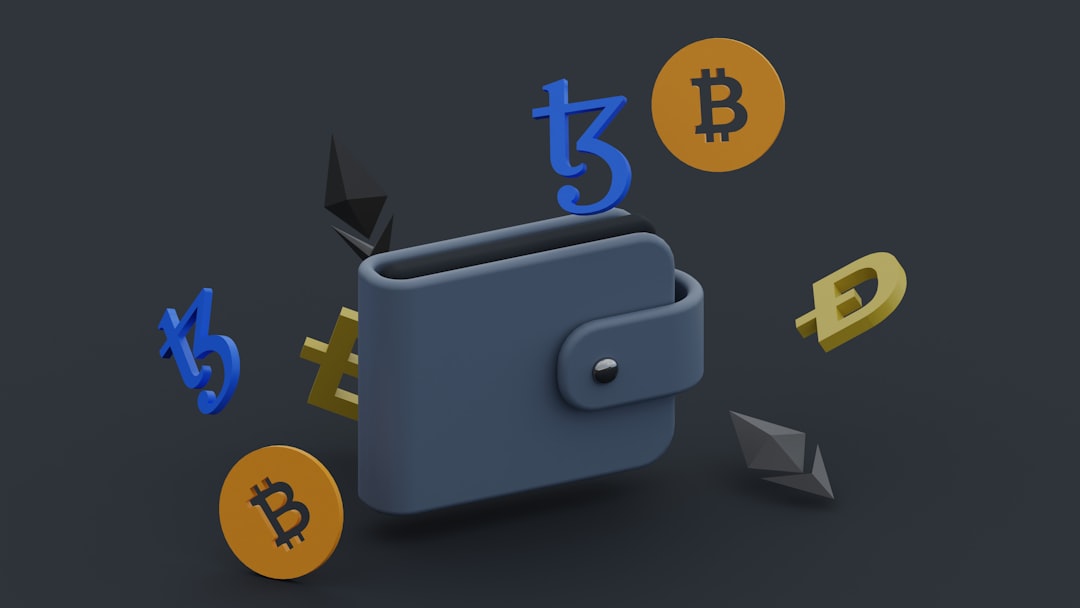The financial technology (Fintech) sector has been at the forefront of the digital revolution for several years now, reshaping the financial landscape and challenging traditional banking systems. In 2023, Fintech is experiencing an unprecedented wave of innovation, with groundbreaking advancements that are set to redefine the way we interact with money and financial services. In this article, we will explore some of the latest and most exciting Fintech advancements of 2023 that are changing the way we bank, invest, and manage our finances.
Decentralized Finance (DeFi)
Decentralized Finance, or DeFi, is a revolutionary advancement that leverages blockchain technology to create a global, permissionless, and open financial system. DeFi platforms enable users to lend, borrow, trade, and earn interest on their cryptocurrency assets without the need for traditional intermediaries like banks. These platforms are highly transparent and are often governed by smart contracts, making them more secure and efficient.
In 2023, we're witnessing the growth of DeFi platforms offering a broader range of financial services, such as decentralized exchanges (DEXs), yield farming, and decentralized lending and borrowing. The increasing adoption of stablecoins, digital assets pegged to real-world currencies, has also enhanced the stability of DeFi ecosystems.
Artificial Intelligence and Machine Learning
Artificial intelligence and machine learning are playing a pivotal role in Fintech advancements, improving customer experiences and optimizing financial operations. Chatbots and virtual assistants are becoming more sophisticated, providing personalized financial advice, answering customer queries, and facilitating transactions. These AI-driven systems continuously learn from user interactions to provide better recommendations and services.
In risk assessment and fraud detection, machine learning algorithms are being used to analyze vast amounts of data to identify unusual patterns and potential threats in real-time, thereby enhancing security and reducing fraud.
Digital Banking 2.0
Digital banks, also known as neobanks, have been disrupting the banking industry for some years now. In 2023, they are evolving to offer a more comprehensive suite of financial services, including investment opportunities, cryptocurrency trading, and budgeting tools. The border between traditional banks and digital banks is blurring as these innovative institutions seek to become one-stop financial hubs for customers.
Furthermore, digital banks are embracing sustainability and ethical banking practices, allowing users to align their investments and savings with their values. This focus on sustainability and ESG (Environmental, Social, and Governance) principles is a major shift in the banking sector.
Quantum Computing
Quantum computing is on the horizon as a technology that promises to solve complex financial problems that are currently infeasible for classical computers. Quantum computers can rapidly perform calculations, factor large numbers, and optimize portfolios. Although quantum computing is not yet mainstream, Fintech companies are already exploring its potential applications in financial modeling, risk assessment, and algorithmic trading.
Central Bank Digital Currencies (CBDCs)
Central banks worldwide are exploring the development of their own digital currencies, known as Central Bank Digital Currencies (CBDCs). These digital versions of traditional currencies could offer improved security, faster cross-border transactions, and greater financial inclusion. The adoption of CBDCs is a significant development in the push toward a cashless society, with both benefits and challenges to consider.
The Fintech industry of 2023 is nothing short of remarkable, with innovations that promise to reshape the way we handle our finances. From DeFi and AI-driven solutions to the evolution of digital banks, quantum computing, and the emergence of CBDCs, these advancements are driving the digital revolution forward.
As these cutting-edge technologies mature and become more integrated into our financial lives, it's essential for both consumers and businesses to stay informed and adapt to these changes. Embracing the digital revolution in Fintech can lead to greater financial empowerment, efficiency, and inclusivity, but it also requires a clear understanding of the risks and regulatory considerations associated with these innovations. The financial landscape is evolving rapidly, and the future looks bright for those who embrace these advancements wisely.
